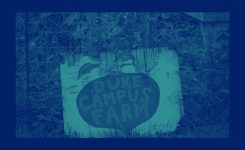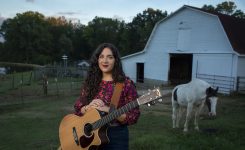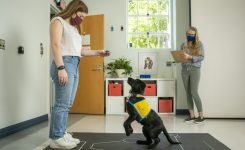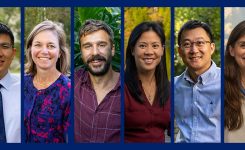Academics, Features
When Curiosity Becomes Research
Kaitlyn Lewars
“The Impact of Age on Ozone Time Course Responses in Rodents”
“Through science, I hope to identify and find solutions for healthcare challenges in underrepresented communities.”
Emi Hegarty
“Biology, Movement, and Theater”
“Throughout my time here, I have had opportunities to grow into myself both in my STEM interests and theatrical pursuits.”
Connor Gregg
“Building an Improved Engine Dynometer”
“Because of that job, I got to spend a lot of time in the garage, even though we were limited to five people in the space. That’s how I started learning about all the different car systems.”
Jessica Sue-Kam-Ling-Lewis
“Joy in Full Swing: An Ethnographic Exploration of the Past, Present and Future of the Lindy Hop”
“I've gone back and forth about whether I fell in love with the people in the club first or the dance first, but I think it was a little bit simultaneous.”
Rujia Xie
“Mapping the Palate Palette: Measuring the Community and Consumer Environments of Food Stores in Durham, NC, with Culturally Appropriate Tools”
“These establishments aren’t merely places where I buy groceries; they also carry deep emotional, social, and cultural importance for me. Consequently, I became especially passionate about the study of food.”








